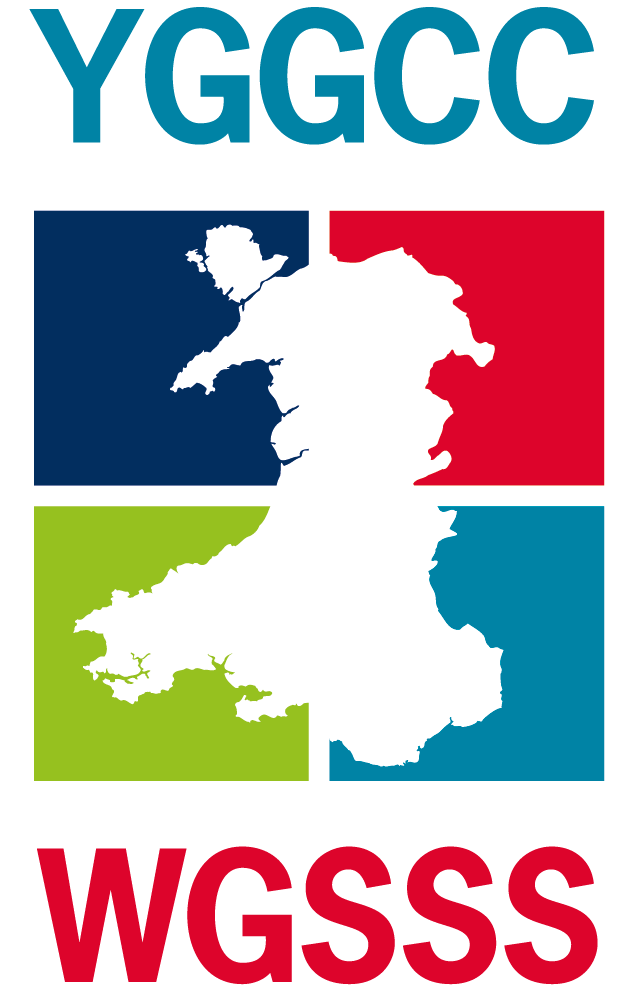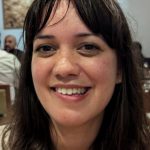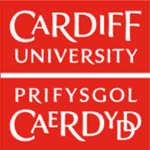Start date: October 2021 (Full time)
Award: Collaborative
Subject Pathway:
Sociology / Science and Technology Studies
Thematic Cluster:
Society and Well-Being Cluster
In partnership with:
Paths to decolonising bio-cultural curation: new perspectives on the Economic Botany collection at Amgueddfa Cymru-Museum Wales
My PhD project considers the Economic Botany collection at Amgueddfa Cymru-National Museum Wales, investigating anti-colonial approaches to biocultural curation. Using a critical posthuman perspective, I explore the object biographies of three plant specimens in the collection; cinnamon, cloves and ginger. Considering their curation in the varied spaces they have passed through, I look at different perspectives and experiences of curation and how this relates to colonial histories, ecologies and (post)colonial presents. I explore the relationship of curation to representations of difference - such as species, cultures and nations – or alternative naturecultural systems which acknowledge hybridity, entanglement and the complexities of decolonisation. Finally, I consider how the latter can complicate or provide new pathways to current curatorial approaches in Wales.
To explore this, my work engages archival research to investigate the life histories and historical curation of the ginger, cloves and cinnamon specimens, before utilising qualitative methods, including interviews with curators and artists in locations relevant to the specimens' histories in Wales, England, India, Malaysia and Singapore, accompanied by ethnographic analysis of corresponding curatorial spaces. This explores alternative perspectives to the object biographies constructed, complicating data gathered from the colonial archive, as well as considering varied approaches to curation, and the relationship of this to personal experiences and histories.
I also use ethnographic and auto-ethnographic fieldnotes to explore the wider geographical context of my research and my research practice, including how my mixed-ethnicity experience and family history relate to my work. Overall, I explore alternative understandings of relationships between people and plants, and consider how these can complicate colonial representations of difference – and inform anti-colonial curatorial practice in Wales.


